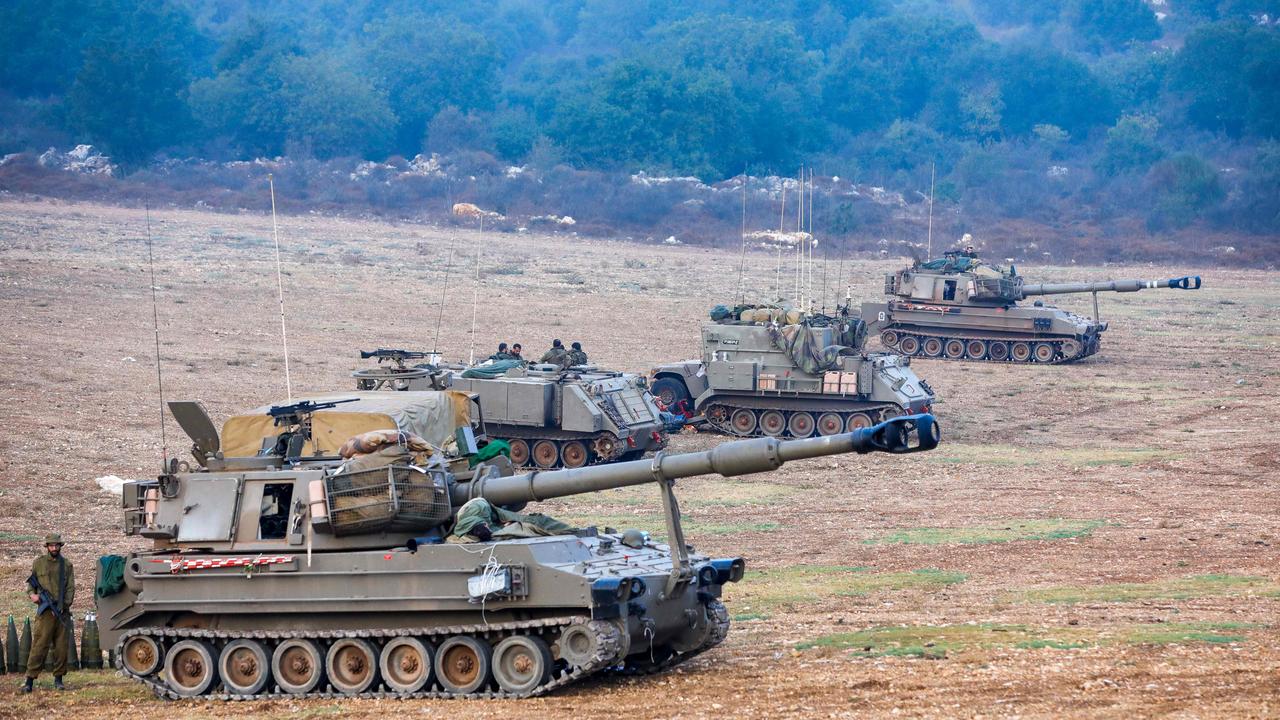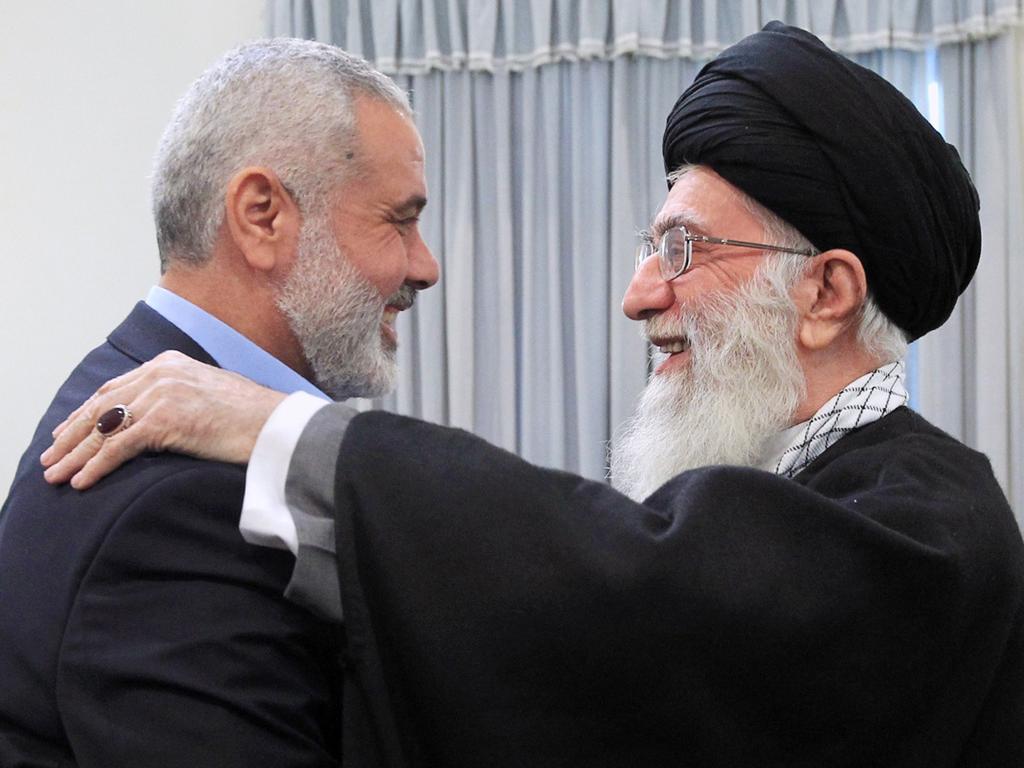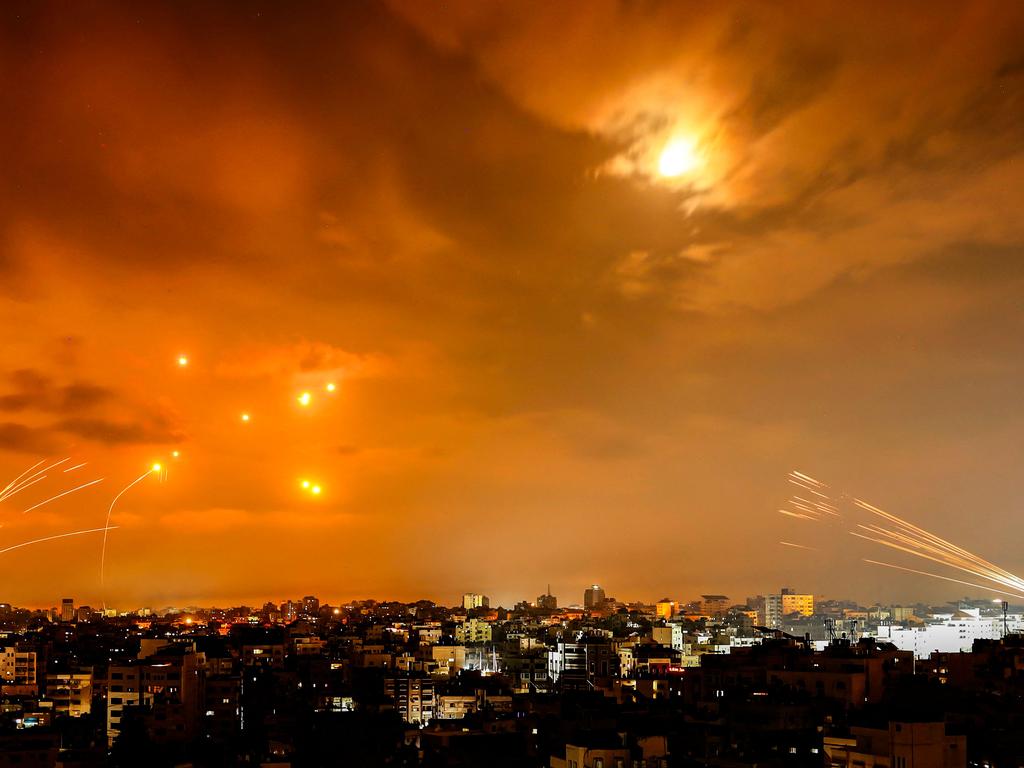Israel Palestine conflict exposes a shocking failure of security on Netanyahu’s watch

Hamas’s attack occurred the day after the anniversary, to take advantage of a holiday Shabbat. In the normal course of events, in the absence of any specific threat reporting, Israeli military forces would be at their least prepared and their response to any attack would be the slowest. Hamas was right.
The biggest shock, however, was the ease with which Hamas appears to have been able to plan and execute such a large-scale and audacious attack without the Israelis being aware anything was afoot.
Make no mistake, this wasn’t just a failure of intelligence: this was also a military failure. Given the physical proximity of Gaza, its importance to Israeli security and the ongoing small-scale attacks emanating from there, Israel presumably has a plethora of human and technical intelligence capabilities focused there. And yet the attack appeared to have come as a complete surprise. An attack of this nature would have taken a significant degree of planning.

Thousands of rockets, which preceded the morning ground assault, would’ve had to have been prepared and taken to firing positions. Groups would’ve had to have been pre-positioned, logistical requirements attended to and orders issued.
How Hamas was able to maintain operational security for an attack of this size and complexity will undoubtedly be the first question the Israeli public will demand answers to. It is also of great concern that its military was so unprepared for an attack.
The Yom Kippur anniversary doesn’t seem to have triggered any greater degree of preparedness on the part of the Israeli Defence Force. And the ease with which lightly armed Palestinian fighters could achieve multiple breaches in the security fence and quickly exploit the breach to attack civilian and military targets will be a stain on the Israeli military.
Israel’s offensive capabilities during its 2006 incursion into Lebanon against Hezbollah were heavily criticised by the Winograd Commission in its subsequent report into the military’s poor performance.
Its defensive performance is likely to come under similar scrutiny following this attack. Being unable to better well-armed and trained Hezbollah fighters defending their own territory is one thing, but if the military is unable to protect Israeli civilians in their own homes and towns from lightly armed Palestinian groups, then how fit for purpose is it?
The video of armed Palestinians wandering unchallenged through Israeli towns and, in some instances, Israelis being driven to captivity in Gaza are shocking.

Not only was the scale and complexity of this attack unprecedented in modern times, so too was the taking of hostages – men, women and children – by Hamas.
This no doubt complicates the Israeli military response as it is likely Hamas will disperse them in order to discourage Israeli air strikes and make any future ground assault more complicated as consideration will need to be given to the location of the hostages, whose recovery will have to be the first priority for the Netanyahu government.

The decision to do so was likely to complicate Israel’s military response, but also in order to conduct a “like-for-like” prisoner exchange, including Israeli women and children for Palestinian women and minors held in Israeli jails. A brutal and cynical tactic but one that, if successful, will allow Hamas to claim the twin victories of a successful penetration of Israel and the release of Palestinian prisoners.
While Western countries were united in their condemnation of the attacks and in their support for Israel, within the region the language was markedly different. Though there was concern for the loss of civilian lives, the Saudi Foreign Ministry referred to Israeli occupation forces and their deliberate provocations.
Qatar said Israel was solely responsible for the ongoing escalation, while signatories to the Abraham Accords, UAE and Bahrain, condemned the violence but made no criticism of Israel.
Leaders of these countries are acutely aware that the Palestinian cause garners sympathy among their populations, and the harsher language emanating from Riyadh and Doha is largely for domestic and regional consumption.
That being said, the Biden administration’s desire to achieve a signature normalisation agreement between Saudi Arabia and Israel as part of its foreign policy legacy looks like it will be another casualty of this attack.
It is also a reminder that despite the push towards Arab normalisation with Israel, the unresolved Palestinian question cannot be wished away.
Iran and groups such as Hezbollah publicly supported the Hamas attack, but this is unlikely to indicate any spread of the conflict. There would be nothing in it for Hezbollah to send rockets into northern Israel. It would achieve no tactical purpose and attract a disproportionate response from Israel that would in turn negatively impact Hezbollah’s domestic Lebanese audience.
They may posture and make verbal threats but this would be for solidarity with Hamas and to deter Israel from repositioning any of its northern forces to support a ground incursion into Gaza.
There doesn’t appear to have been much by way of external logistical support provided for the attack. The equipment displayed by the Palestinians did not appear out of the usual and the proliferation of drone technology means it can be readily employed by any number of groups.
More important to the success of this brutal assault was the maintenance of operational security and this isn’t something external actors provide.

Prime Minister Benjamin Netanyahu has a difficult road to travel. He has to exact revenge for the attack and recover the hostages, knowing the latter places constraints on the former.
And, while he has assembled a government with far-right elements who will seek to devastate Hamas’s territory, he will also know Israel’s previous incursions into Gaza only provided temporary tactical benefits to national security.
As the latest attack shows, it is impossible to bomb one’s way to victory in Gaza. For now, we are witnessing the response phase, where Netanyahu is in total control.
But when the shock of the attack has worn off, the accountability phase will begin. And there is no escaping the fact that one of the most tragic security failures in Israel’s history happened on Netanyahu’s watch, and he may end up being the highest-ranking casualty of the Hamas attack.





The attack on Israel was shocking for its audacity, brutality and effectiveness. The timing was no coincidence, either. It was carried out nearly to the day of the 50th anniversary of the Yom Kippur War, which commenced with a surprise attack against the Israeli military by Egyptian forces across the Suez Canal.